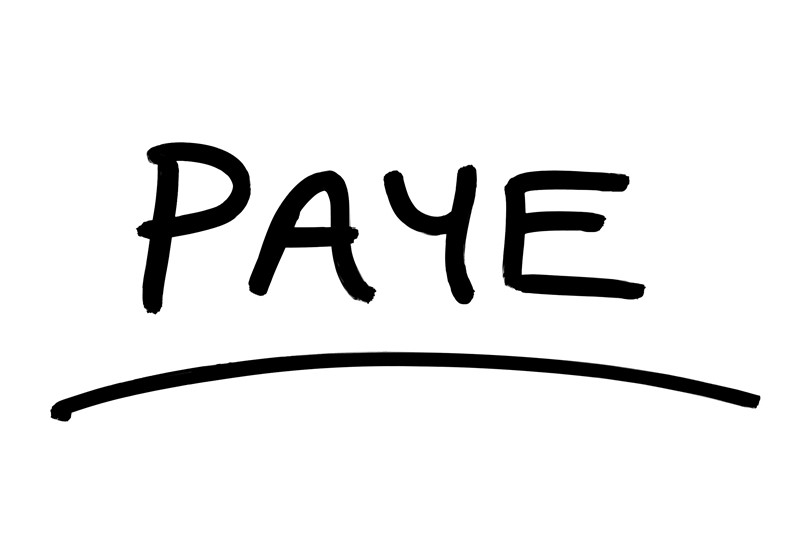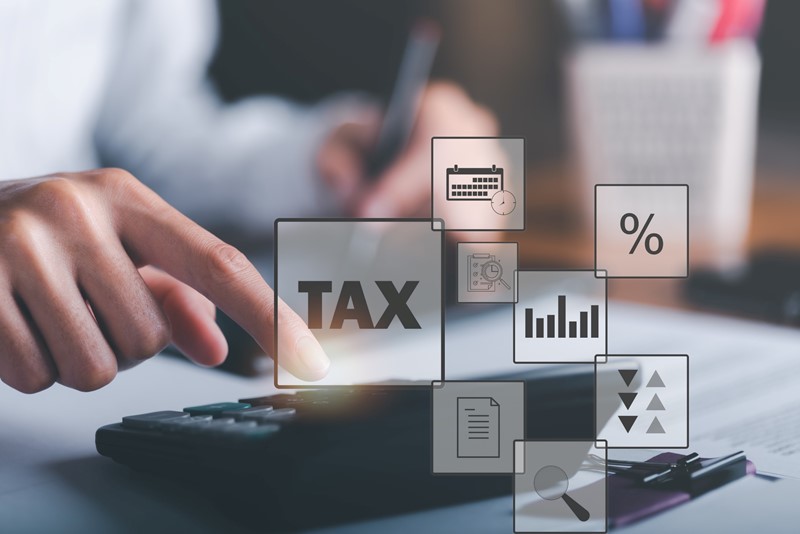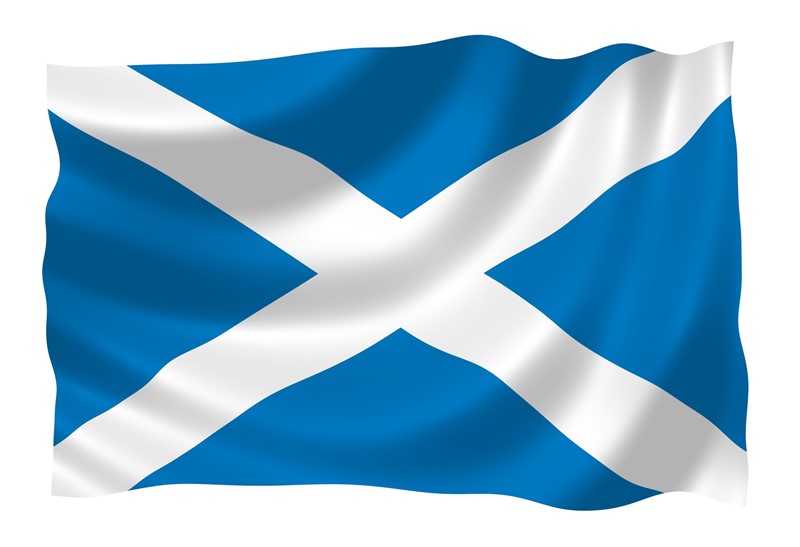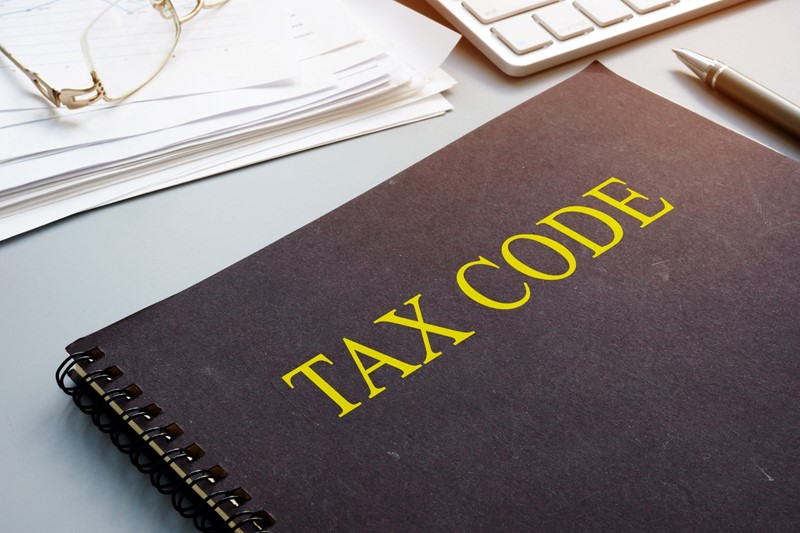


Paying tax via your tax code
You may be able to have tax underpayments collected via your tax code when you are in employment or in receipt of a company pension. Instead of paying off debts in a lump sum, money is collected in equal monthly instalments over the tax year. You can pay your...
Do you have a personal tax account?
HMRC’s Personal Tax Accounts (PTAs) serve as an online tool that enables taxpayers to view and update their information in real time. The PTA can be used for many routine requests and services and help you bypass the need to call or write to HMRC. Every...
Holiday Lets – the demise of tax concessions
It was announced as part of the Spring Budget measures that the present favourable tax benefits presently allowed for the letting of properties as short-term holiday lets – known as the furnished holiday lettings (FHL) tax regime – is to be...
Income Tax in Scotland
The Scottish rate of income tax (SRIT) is payable on the non-savings and non-dividend income of those defined as Scottish taxpayers. The definition of a Scottish taxpayer is based on whether the taxpayer has a 'close connection' with Scotland or elsewhere...

